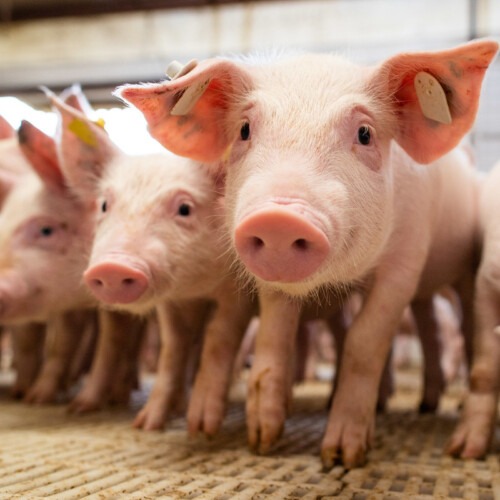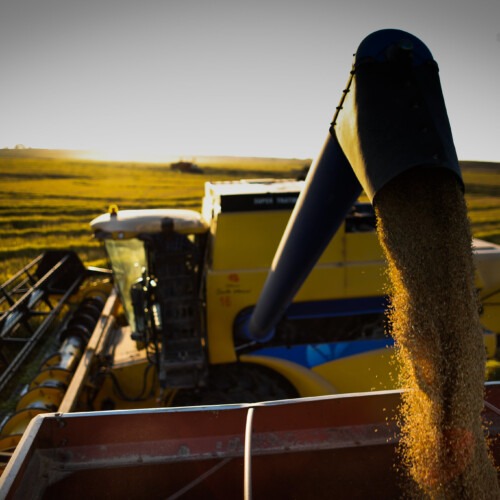Brazil has the best olive oil in the Southern Hemisphere
The best olive oil produced in the Southern Hemisphere is Brazilian. The oil, produced on the Serra dos Tapes Farm, was acknowledged by the Mario Solinas Quality Awards, an unprecedented achievement for the country. The award is an initiative of the International Olive Oil Council (IOC) since 2000 and is considered the most significant in […]














